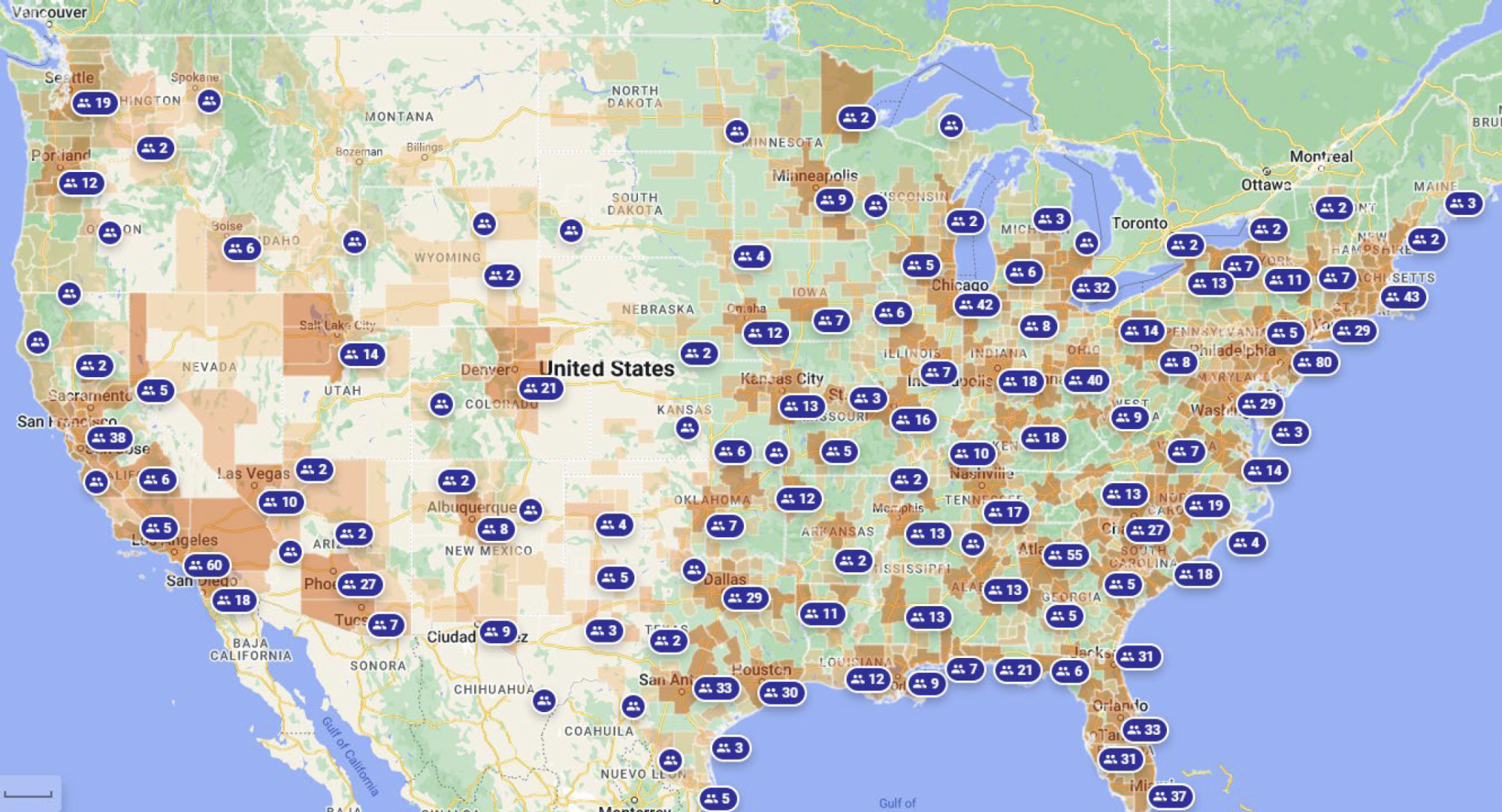
Contents
One of the most pressing challenges in the AV industry today is the acute shortage of skilled field service technicians. As technology advances and customer expectations rise, AV integrators find themselves grappling with the pressures of delivering high-quality service and maintaining profitability.
Understanding the scope of the AV labor crisis
The labor crisis in the AV industry is more severe than ever. According to recent surveys, 72% of integrators cite talent issues as a top concern, with installer and technician roles being the hardest to fill. This shortage has been exacerbated by the increasing complexity of AV projects and the need for rapid, high-quality installations and services.
The key challenges integrators face include:
- Volatile project backlogs: With fluctuating demand, maintaining a consistent workforce is difficult.
- Service inflation: Rising costs make it challenging to stay profitable.
- Evolving customer needs: Clients demand faster response times and higher quality service.
- Supply chain issues: Delays and product shortages add another layer of complexity.
Traditional labor options and their limitations
AV integrators have traditionally relied on two main labor options: hiring employees and subcontracting. Each has its pros and cons:
- Employees:
- Pros: Control over talent selection, trained and certified staff, fast deployment.
- Cons: Slower to scale, fixed costs regardless of demand (including overhead), high travel expenses.
- Subcontractors:
- Pros: One-stop-shop for project management, variable costs.
- Cons: Slow deployment, opaque expenses, lack of control over technician selection.
Given these limitations, a hybrid model that incorporates on-demand labor using a labor marketplace can offer a more flexible and cost-effective solution.
The rise of labor marketplaces
Labor marketplaces like Field Nation are emerging as a critical solution to the IT labor shortage. Marketplaces provide direct access to independent contractors who can be matched to specific job requirements based on their skills, experience, and performance ratings.
Benefits of a labor marketplace
- Local resource access: Technicians are sourced locally, reducing travel costs and response times.
- Control and flexibility: Integrators can vet and manage talent directly, ensuring quality and reliability.
- Cost-effectiveness: By paying only for the work needed and avoiding additional management overhead, integrators can save significantly on labor costs.
Introducing the AV & Digital Signage Select Network
 Due to the AV labor shortage, Field Nation and Herman Integration Services have partnered to create the AV & Digital Signage Select Network, the nation’s largest on-demand network of AV installers. This network includes over 1,600 independent technicians with proven experience installing, decommissioning, or configuring audio-visual and digital signage equipment, as well as running and terminating cable to the same equipment.
Due to the AV labor shortage, Field Nation and Herman Integration Services have partnered to create the AV & Digital Signage Select Network, the nation’s largest on-demand network of AV installers. This network includes over 1,600 independent technicians with proven experience installing, decommissioning, or configuring audio-visual and digital signage equipment, as well as running and terminating cable to the same equipment.
Key Features:
- Experienced and reliable: Installers have high buyer ratings for quality, reliability, and performance.
- Cost-effective: Integrators can save up to 50% on simple service calls by using local technicians.
- Responsive: Independent installers typically respond to requests within 15 minutes in major metropolitan areas, compared to days or weeks for traditional labor options.
Implementing a hybrid workforce model
A hybrid workforce model combines the best aspects of direct hires, subcontractors, and labor marketplaces. This approach allows integrators to:
- Cut costs and increase margins: By sourcing technicians close to job sites and paying only for the work needed.
- Ensure compliance: Manage payroll, tax, and insurance easily, while ensuring compliance with labor laws.
- Control service quality: Select talent based on skills, experience, certifications, and ratings.
- Respond quickly: Access a nationwide network of AV installers and technicians for rapid deployment.
Common AV use cases on Field Nation
- Simple service calls: The AV & Digital Signage Select Network on the Field Nation marketplace can handle simple tasks such as low-voltage cabling, basic displays and speaker installations, and digital signage installations.
Conclusion
The AV labor crisis presents a significant challenge, but it also offers an opportunity for integrators to rethink their workforce strategies. By embracing a hybrid model and leveraging the AV & Digital Signage Select Network powered by the #1 labor marketplace for IT field services, AV integrators can improve service quality, reduce costs, and respond more quickly to customer needs. Complete a brief coverage assessment, and we’ll match your specific work requirements and service regions to our AV & Digital Signage Select Network.
For AV integrator leaders, the path forward involves not just finding the right technicians but also implementing a flexible, scalable workforce strategy that can adapt to the ever-changing demands of the industry. By doing so, they can ensure that they not only survive but thrive in this competitive landscape.






